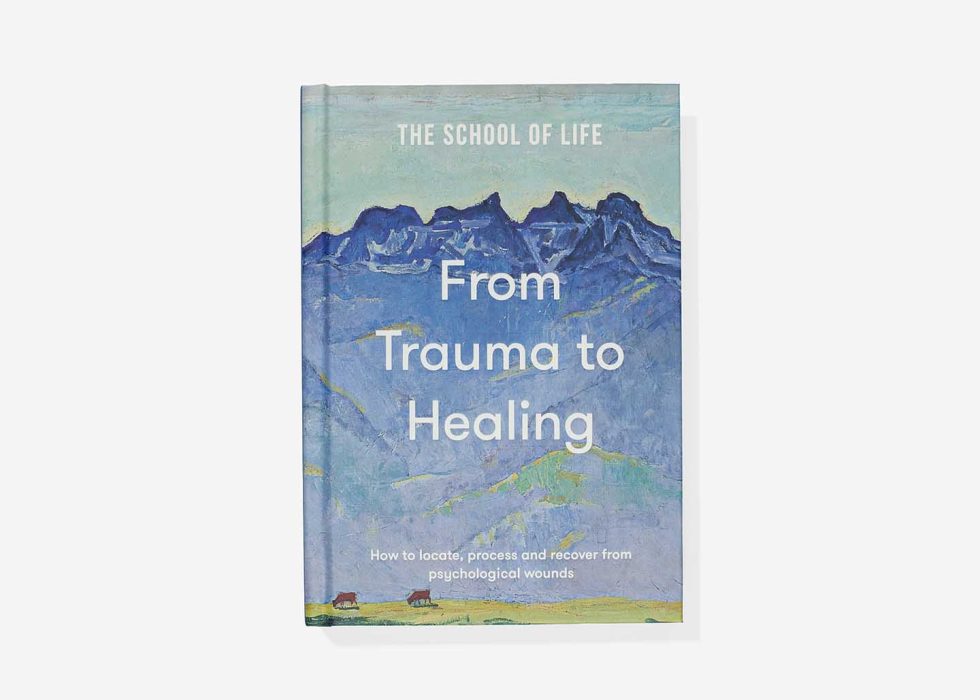Self-Knowledge • Know Yourself
How to Figure Out What You Really, Really Think
It’s one of the great paradoxes of mental life that we’re often unable to access our true feelings about important matters. What we really think about — for example — the character of a friend, or the next best move we should make in our career or our stance towards an incident in childhood… All of our conclusions on such critical topics can remain locked inside us, part of us but inaccessible to ordinary consciousness.

What we operate with instead are surface and misleading pictures of our dispositions and goals. We may settle, in haste or fear, on the most obvious answers: our new friend is very kind, we should aim for the most highly paid job, our childhood was ‘fun’.
We ignore our truths first and foremost because we aren’t trained to solicit them; no one ever quite tells us that we might need to exhibit the patience and wiliness of an angler while waiting at the river bank of the deep mind. We’ve been brought up to act fast, to assume that we know everything immediately, and to ignore that consciousness is made up of layers, and that it’s the lower strata that might contain the richest, most faithful material.
We may also be hesitant because the answers that emerge from any descent into the depths and subsequent communion with our inner pilot can sound at odds with the settled expectations we have of ourselves in daylight. It might turn out that we don’t, in fact, love who we’re meant to love, or are scared and suspicious of someone who is pressing us to trust them or are deeply moved by — and sympathetic to — a person we hardly know. It’s the profoundly challenging nature of our conclusions that keeps us away from our inner sanctum. We prioritise a sense of feeling normal over the jolting realisations of the true self.
The steps we need to take in order to check in with ourselves are not especially complicated. We need to make time, as often as once a day, to lie very still on our own somewhere, probably in bed or maybe in the bath, to close our eyes and direct our attention towards one of many tangled or murky topics that deserve reflection: a partner, a work challenge, an invitation, an upcoming trip, a relationship with a child or a parent. We might need a moment to locate our actual concern. Then, disengaged from the ordinary static, we should circle the matter and ask ourselves with unusual guilelessness: ‘What is coming up for me here?’ Holding the partner, work challenge, invitation or disagreement patiently in mind, we should whisper to ourselves: what do we really think? What is the real issue? What is truly going on? What is actually at stake?
We should — to sound a little soft-headed — ask ourselves what our heart is whispering to us or what our gut is trying to articulate. We’re striving to access a sincere part of the mind too often crushed by the barking, harried commands of the conformist executive self.
What we will almost certainly find is that — in a quasi-mystical way — the answers are already there waiting for us, like the stars that were present all along and only required the sun to fade in order to come to light in the circumference of the sky. We already know — much more accurately than we ever assume — who we should be friends with, what is good and bad for us, and what our purpose on this earth is.
We only need a few moments in the dark at 11pm or 5am to wander the corridors of the deep mind with the flashlight of consciousness, and to ask: ‘What is coming up for me here?’ We will emerge as wise and as knowledgeable as we already are.
Latest Articles

Relationships
What Role Do You Play in Your Relationship?

Self-Knowledge

Self-Knowledge

Self-Knowledge

Self-Knowledge
Why Parents Bully Their Children

Calm

Calm
Stop Worrying About Your Reputation


Work



























